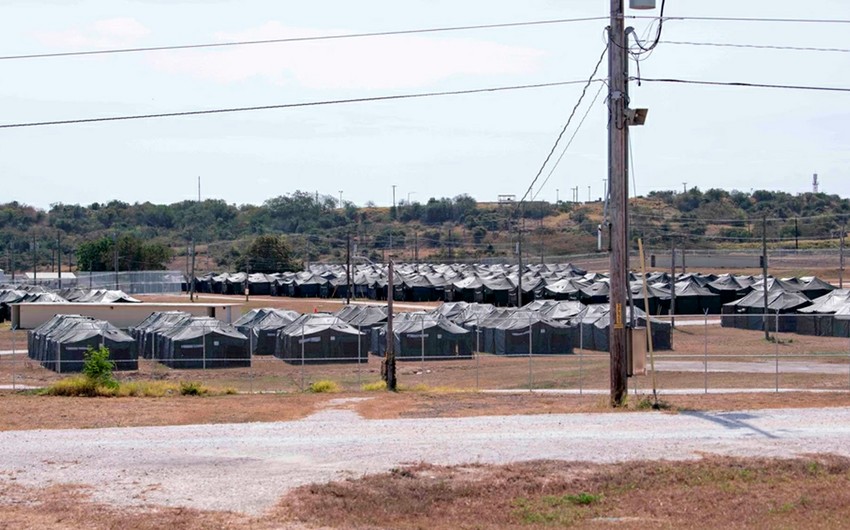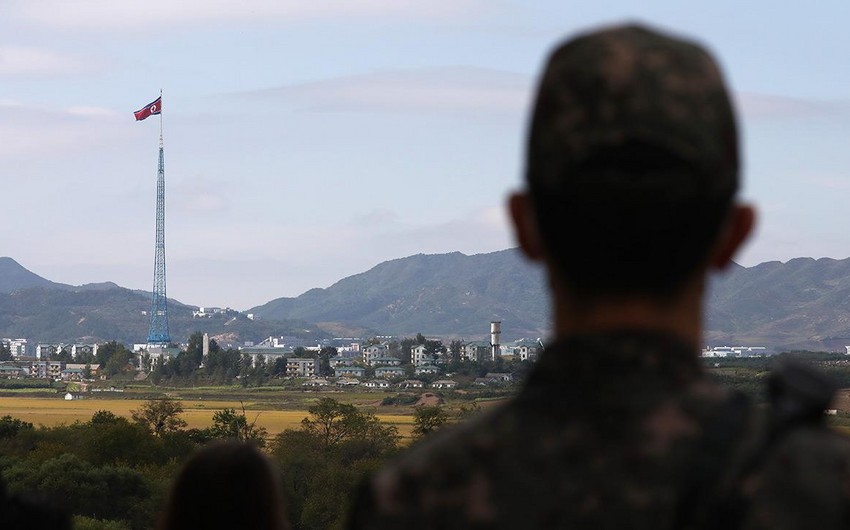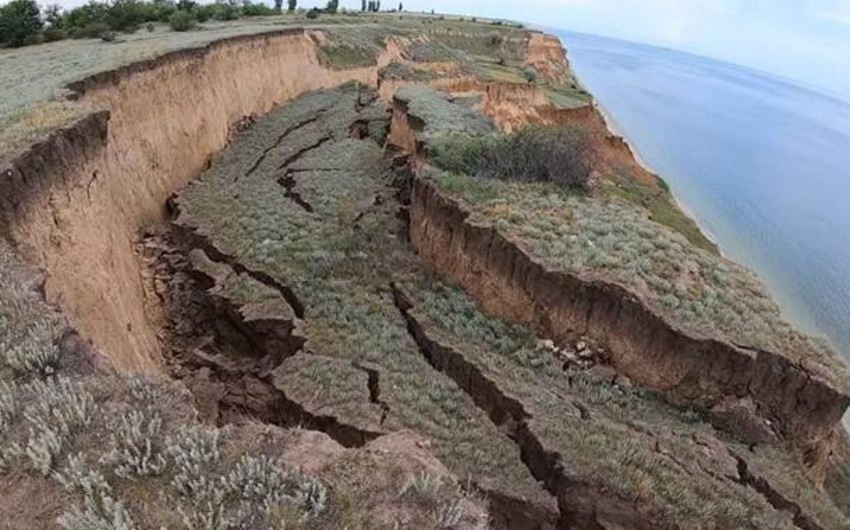France has been plunged into further political chaos after Emmanuel Macron refused to name a prime minister from the leftwing coalition that won the most parliamentary seats in the snap election last month.
The president had hoped consultations would break the political deadlock caused by the election that left the Assemblée Nationale divided into three roughly equal blocks – left, centre and far right – none of which has a majority of seats.
After two days of talks with party and parliamentary leaders to break the stalemate and allow him to name a prime minister with cross-party support, Macron’s decision not to choose the New Popular Front’s candidate was met with anger and threats of impeachment.
In a statement released on Monday evening, the Elysée described the discussions on Friday and during the day as “fair, sincere and useful” but said they had failed to result in a workable solution.
A government formed by the leftwing alliance the New Popular Front (NFP) – comprising France Unbowed (LFI), the Socialist party (PS), the Greens (EELV) and the Communist party (PCF) – would lead to an immediate vote of no confidence and a collapse of the government, Macron said explaining his decision.
“Such a government would immediately have a majority of more than 350 MPs against it, effectively preventing it from acting,” Macron added. “In view of the opinions expressed by the political leaders consulted, the institutional stability of our country means that this option should not be pursued.”
Macron announced another round of consultations with party leaders and veteran politicians to start on Tuesday.
“At this unprecedented time in the Fifth Republic, when the expectations of the French people are high, the head of state calls on all political leaders to rise to the occasion by demonstrating a spirit of responsibility,” the statement read.
The president added: “My responsibility is to ensure that the country is neither blocked nor weakened.”
After the announcement, the NFP said it would not take part in further talks unless to discuss it forming a government. The ad hoc leftwing alliance saw off the threat of the far-right National Rally (RN) in the second round of the July legislative election. The coalition gained the most seats in the 577-seat assembly, and has said any new prime minister should come from its ranks.
NFP has put forward Lucie Castets, a 37-year-old economist and director of financial affairs at Paris City Hall, as its candidate. After Monday’s announcement, Jean-Luc Mélenchon, the LFI president, accused Macron of creating an “exceptionally serious situation”.





.jpeg)

